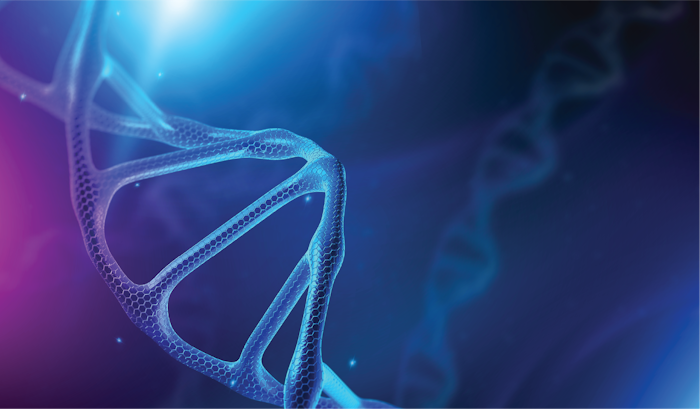Developing Summative Measures of Paediatric Cancer Risk

About this
Project
Researchers have developed an algorithm to detect DNA damage in the blood. Researchers have shown that identifying DNA damage susceptibility in adults is strongly associated with a future cancer diagnosis. This project seeks to continue this research to investigate whether this biomarker may also be predictive of childhood cancer. Algorithms are instructions used by a computer and can be used to analyze data, and this particular algorithm uses data from Whole Genome Sequencing. Sequencing the DNA, or identifying all of the genes present in tumor samples is important for better understanding cancers and creating treatments. Whole Genome Sequencing (WGS) does this for the entire set of genes present in a cell. Access to the Pediatric Brain Tumor Atlas will provide researchers with the data necessary to pursue this analysis on pediatric brain cancer data.
Ask The
Scientists
What are the goals of this project?
Researchers will use newly developed algorithms to analyze data on pediatric brain cancer patients in an effort to identify possible measures of cancer risk, such as DNA damage susceptibility.
What is the impact of this project?
Previous research has shown that identifying DNA damage susceptibility is related to cancer risk in adult patients. This study seeks to expand upon this work to include pediatric brain cancer patients to improve clinical outcomes.
Why is the CBTN request important to this project?
The Pediatric Brain Tumor Atlas gives researchers the Whole Genome Sequencing data across brain cancer types necessary for analysis by newly developed algorithms.
Specimen Data
The Children's Brain Tumor Network contributed to this project by providing access to the Pediatric Brain Tumor Atlas.
Meet The
Team
PI: Mark Cowley
Mark Pinese
Marie Wong-Erasumus
related




